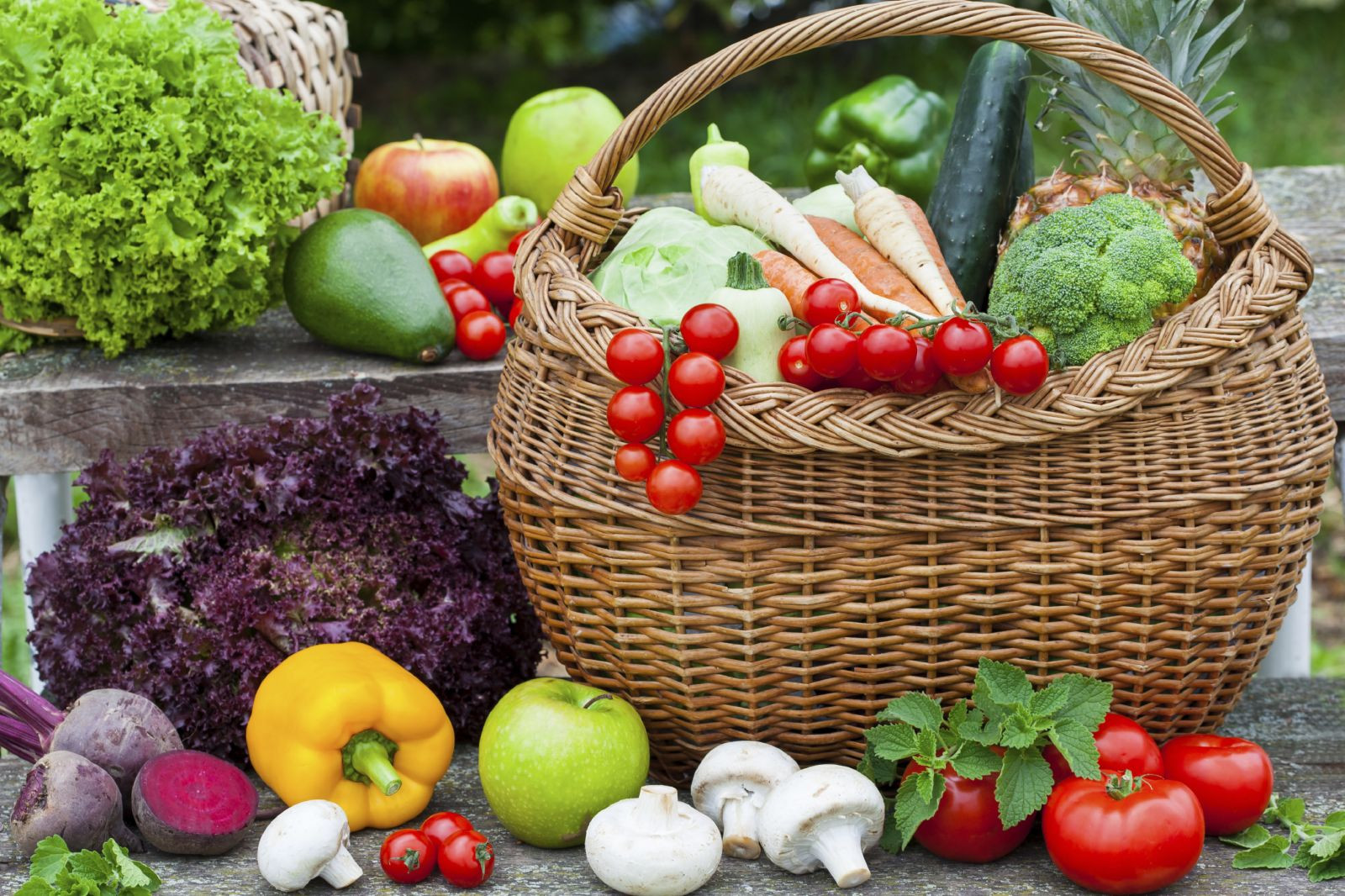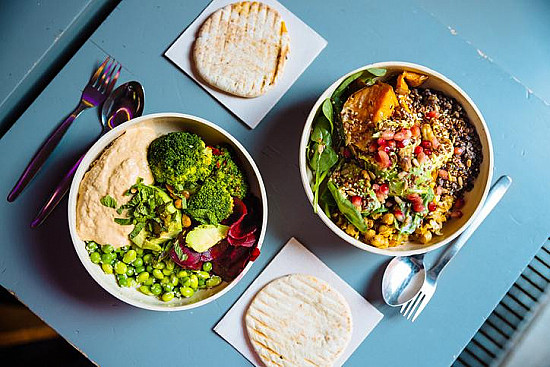Specialized diet gets high marks for preventing cancer
In the journals

Following a specific cancer prevention diet may help you lower your overall risk, according to a study in the August 2018 Cancer Research.
The diet from the World Cancer Research Fund/American Institute for Cancer Research (WCRF/AICR) emphasizes a plant-based diet rich in whole grains, vegetables, fruits, and legumes like beans and lentils, with limited amounts of red or processed meat (no more than 18 ounces per week) and a strong emphasis on eliminating all processed foods, sugar-sweetened drinks, and alcohol.
Researchers studied the association between dietary habits and health among almost 42,000 cancer-free people ages 40 and older over an eight-year period. Every six months, the people completed three dietary records in which they recorded all the foods and beverages they consumed during a 24-hour period, noting portion sizes, time of meal, and situation — for instance, whether they ate alone or with others, or while reading or watching TV.
The researchers then compared the records with several established nutrition plans and found that the people who most closely followed the WCRF/AICR diet had 12% lower risk of cancer over all. The diet appeared to be especially protective against certain cancers, such as prostate and colon cancer. The experts specifically noted that abstaining from alcohol may play a larger role in cancer prevention than previously thought, as the more alcohol people drank, the higher their cancer risk.
Disclaimer:
As a service to our readers, Harvard Health Publishing provides access to our library of archived content. Please note the date of last review or update on all articles.
No content on this site, regardless of date, should ever be used as a substitute for direct medical advice from your doctor or other qualified clinician.















